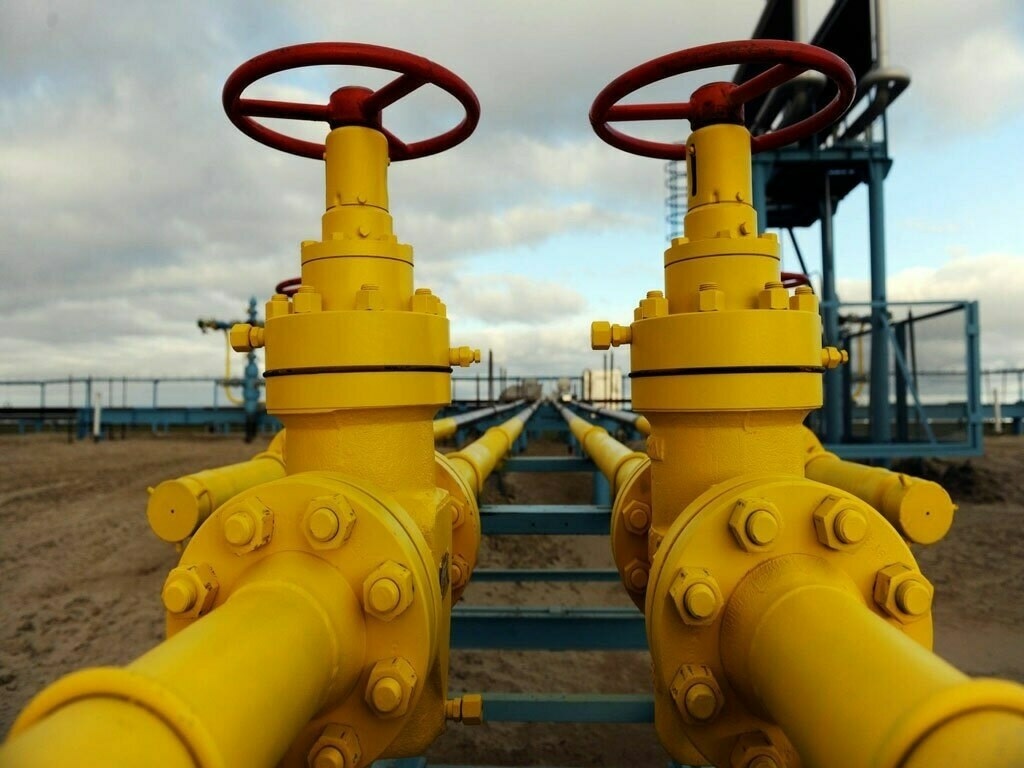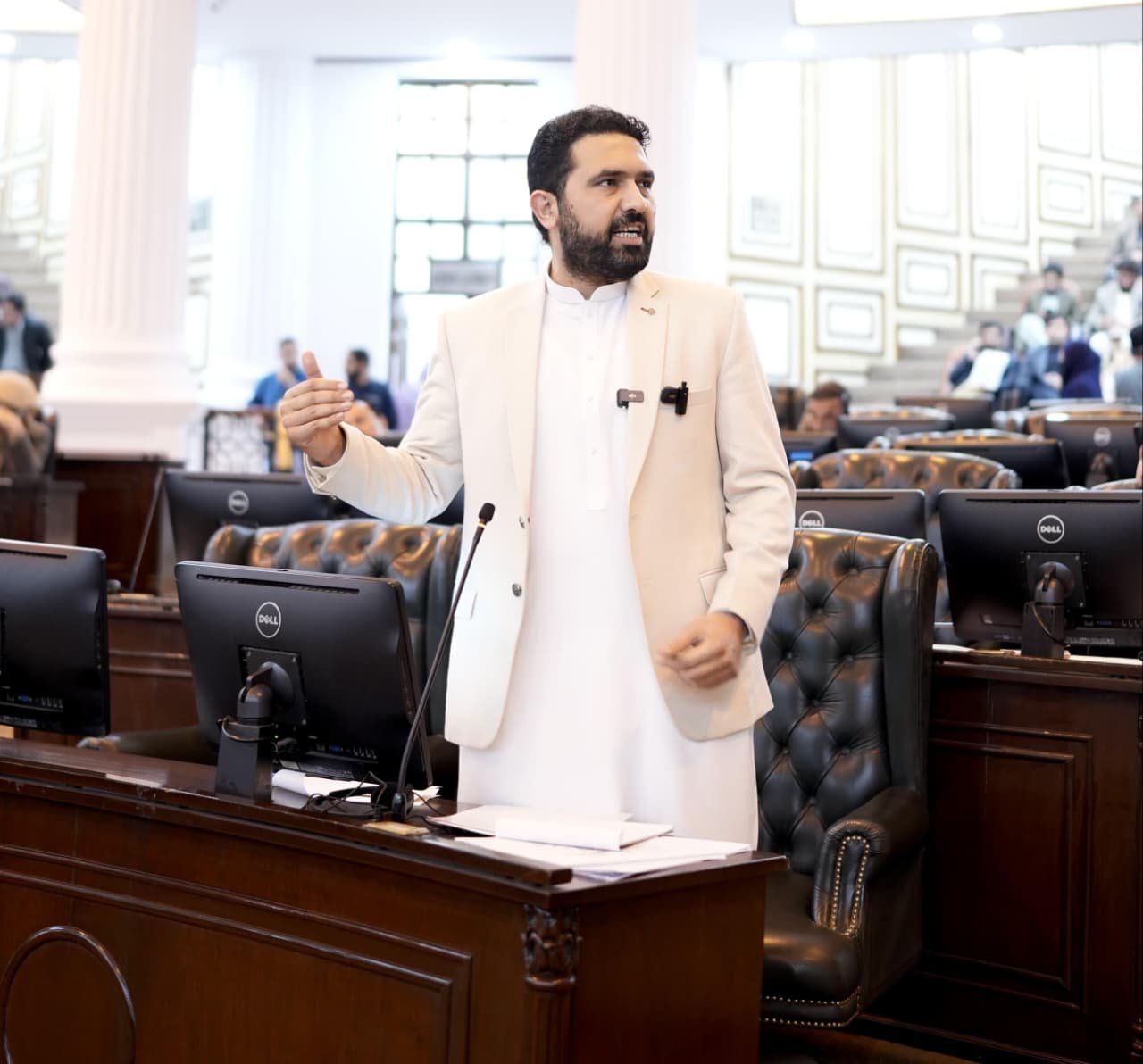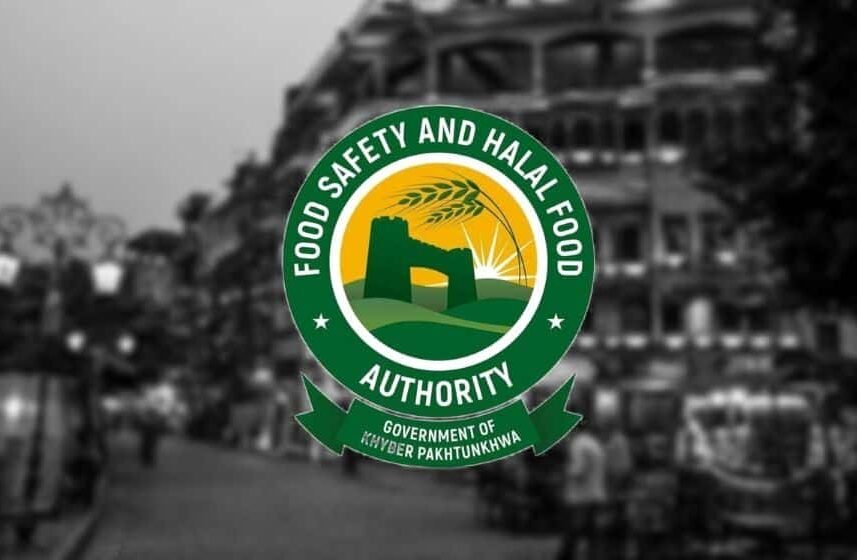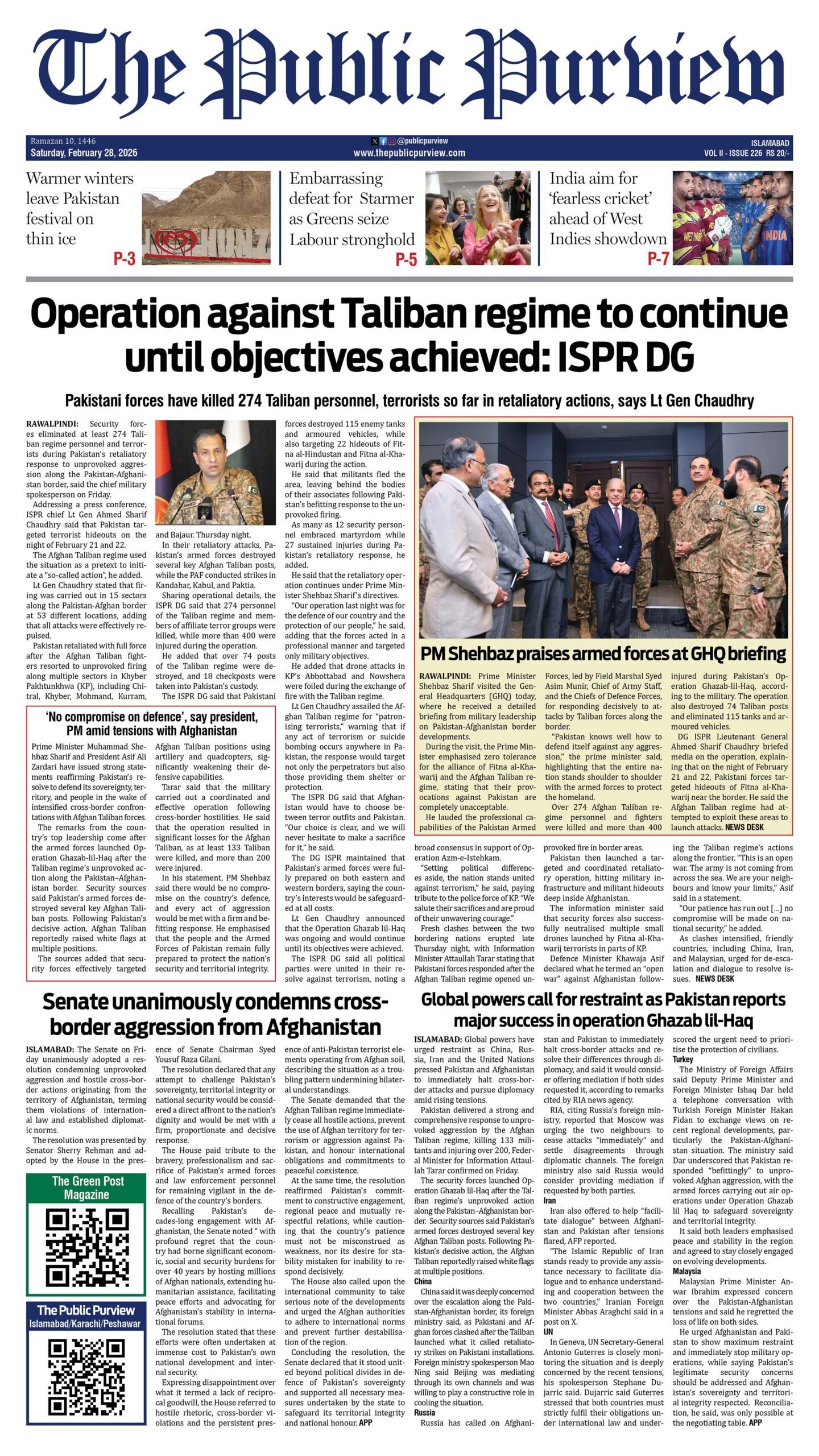Islamabad — The reopening of domestic gas connections has triggered a wave of public response, with over 400,000 applications submitted within just a few days, according to sources at Sui Northern Gas Pipelines Limited (SNGPL). The overwhelming demand has led to operational bottlenecks, as regional offices struggle to keep up with the volume of requests.
Staff Shortage Slows Survey Process
Officials from SNGPL revealed that the company is facing a shortage of field staff required to conduct surveys — the first step in the connection approval process. “We simply weren’t prepared for this level of response,” said a senior official. “The number of applications has exceeded expectations, and we’re now prioritizing survey scheduling based on available manpower.”
No Timeline Yet for Connection Installations
As of now, no timeline has been finalized for when new connections will actually be installed. Authorities clarified that in the initial phase, only surveys will be conducted to assess feasibility and infrastructure readiness. The company will follow a “first come, first served” policy, and the entire process is being managed through a fully computerized system to ensure transparency and efficiency.
Connection Targets Still Under Review
Despite the surge in demand, officials emphasized that the total number of connections to be issued by June 2026 is still under review. “We’re evaluating supply capacity, infrastructure limitations, and RLNG availability before committing to final numbers,” the source added.
Years of Pent-Up Demand Drive Rush
The public response reflects years of pent-up demand, especially among middle-income households who had been waiting for affordable access to domestic gas. Many applicants expressed frustration over the long-standing ban and are now eager to secure connections before any further policy changes.
A Ban That Lasted Years
The frenzy surrounding new gas connections stems from a prolonged ban that lasted nearly eight years, beginning in 2017. The federal government had halted new domestic gas connections due to supply shortages and pipeline capacity constraints, particularly in urban centers. The decision was also influenced by the rising cost of imported gas and the inability to meet growing demand with local production.
Millions of Applications Left in Limbo
During this period, millions of applications piled up across SNGPL and Sui Southern Gas Company (SSGC), leaving households and builders in limbo. The ban was partially lifted in September 2025, when the federal cabinet approved a new framework allowing connections based on regasified liquefied natural gas (RLNG) — a more expensive but readily available alternative.
Government Reopens Connections with RLNG
Prime Minister Shehbaz Sharif officially announced the reopening of connections, calling it a “landmark decision” aimed at improving energy accessibility. “The public had been demanding this for years,” he said at a ceremony in Islamabad. “We’ve responded by making affordable and quality fuel available once again.”
RLNG-Based Connections and Tariff Structure
Under the new policy, connections will be provided using RLNG, and consumers will be charged according to the monthly tariff set by OGRA. While this means higher costs compared to locally produced gas, the move has been welcomed as a step toward restoring energy equity.
Next Steps: Surveys and Patience
As the rollout begins, authorities are urging patience and cooperation from applicants. With surveys underway and infrastructure assessments ongoing, the next few months will be critical in determining how quickly Pakistanis can finally reconnect to a long-awaited utility.
Read more related news here: https://thepublicpurview.com/category/business-news/
Stay updated with verified reports, impactful headlines, and real-time coverage. We bring you trusted news from across Pakistan and beyond. For full stories, in-depth analysis, and exclusive updates, follow or visit our website. Your source for credible journalism, national resilience, and the voices that matter most—delivered with clarity, urgency, and integrity.
For climate-related stories, visit: The Green Post
with additional input from Ausaf







 Today's E-Paper
Today's E-Paper